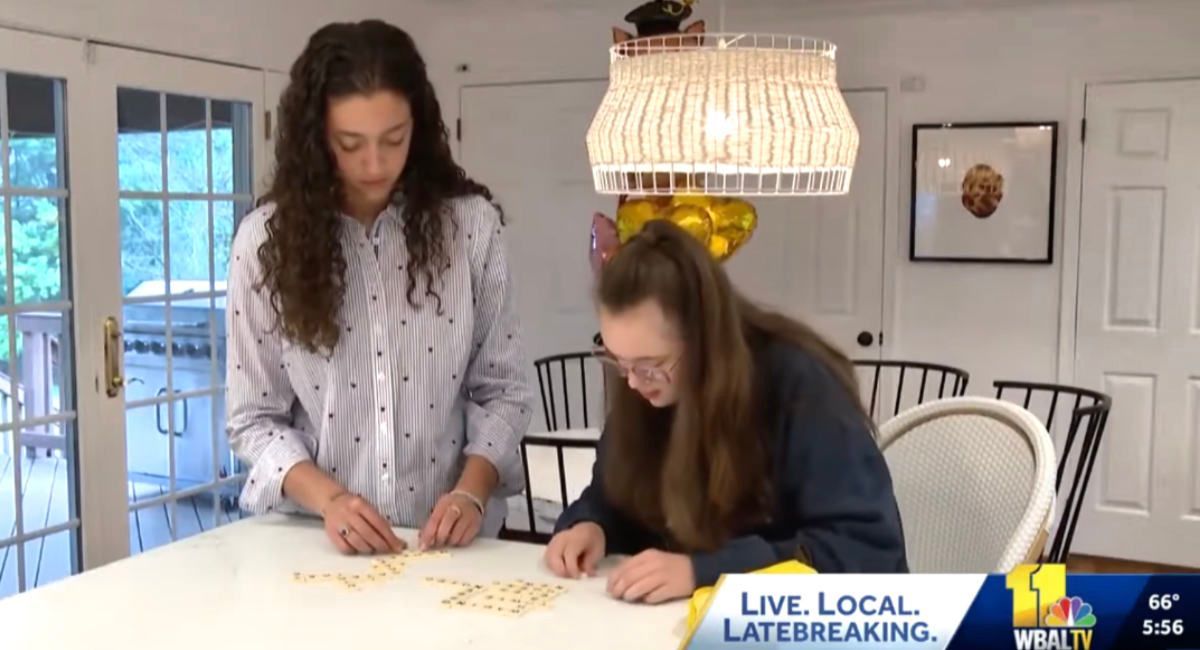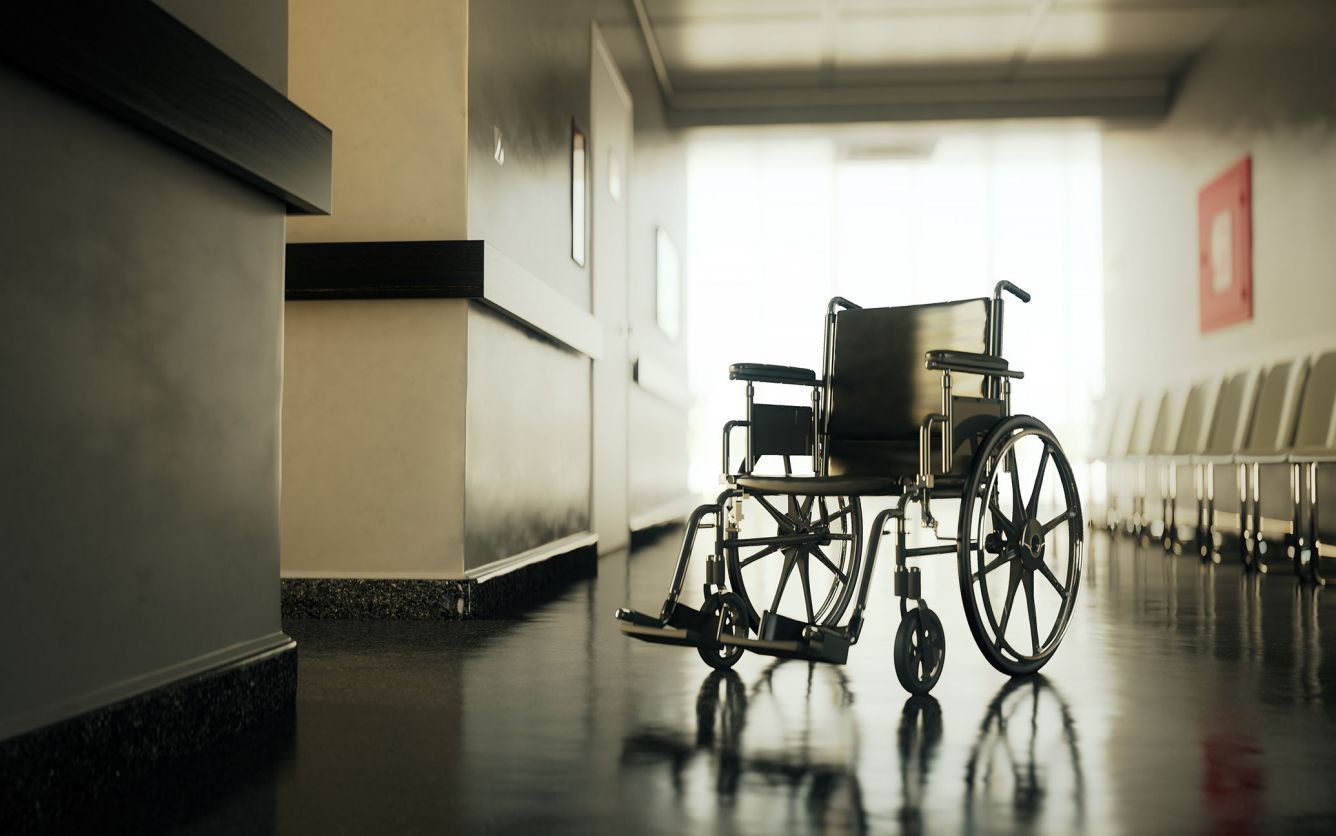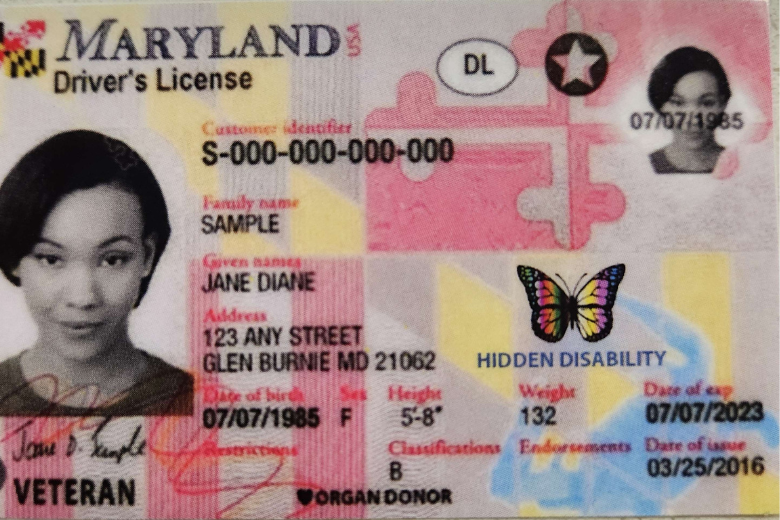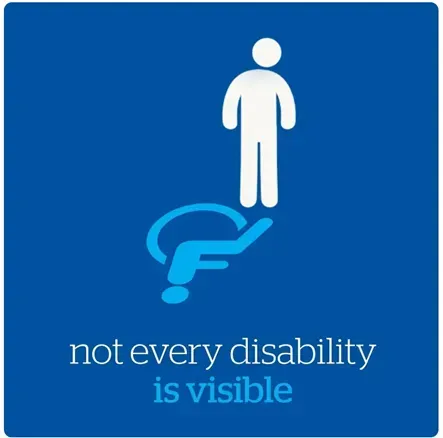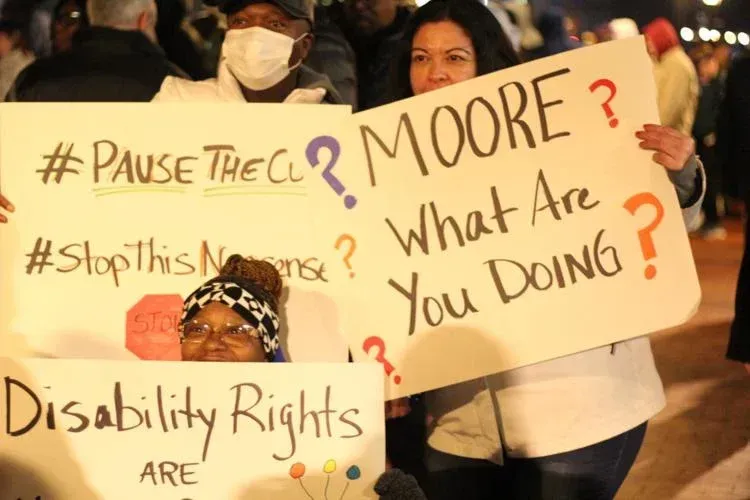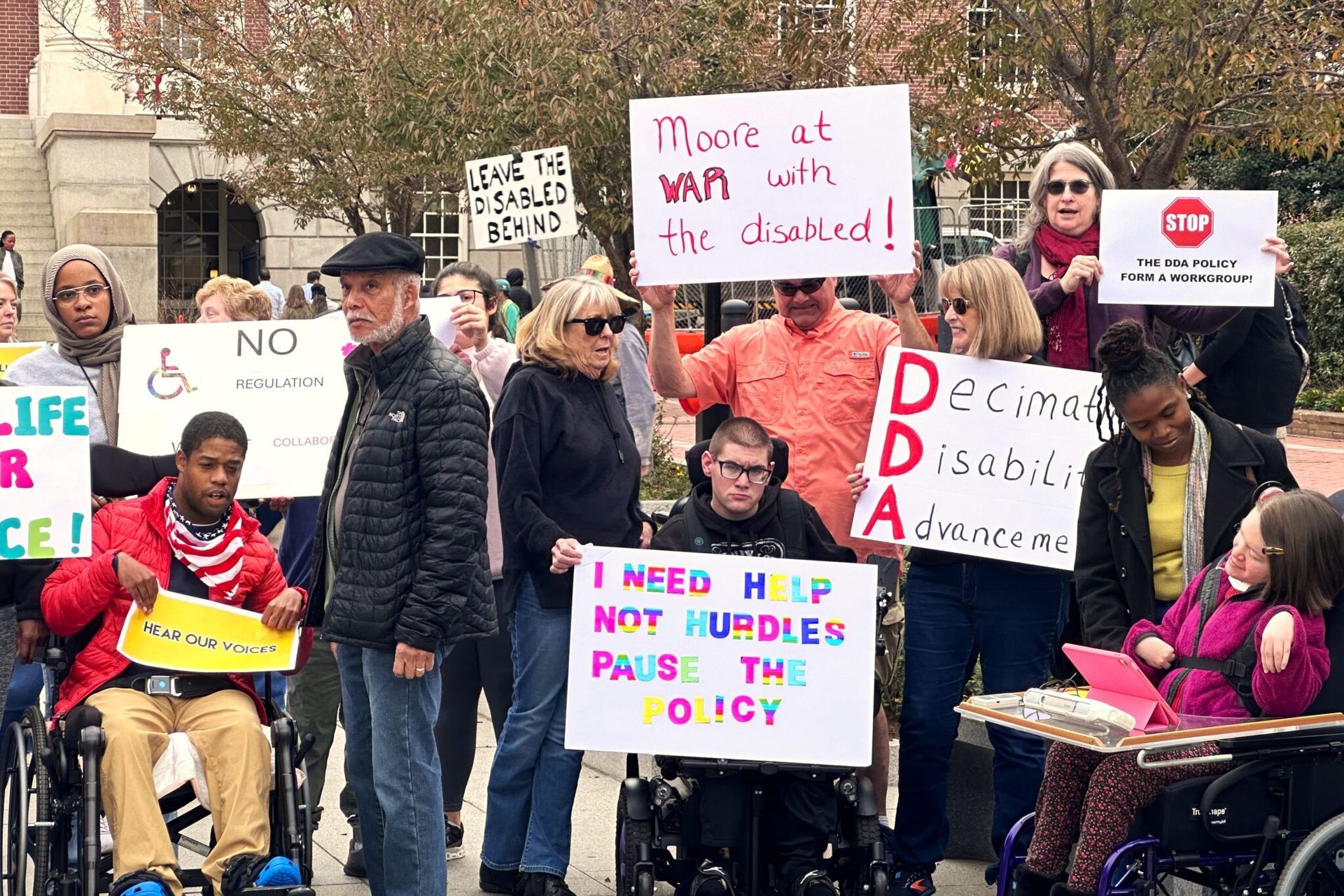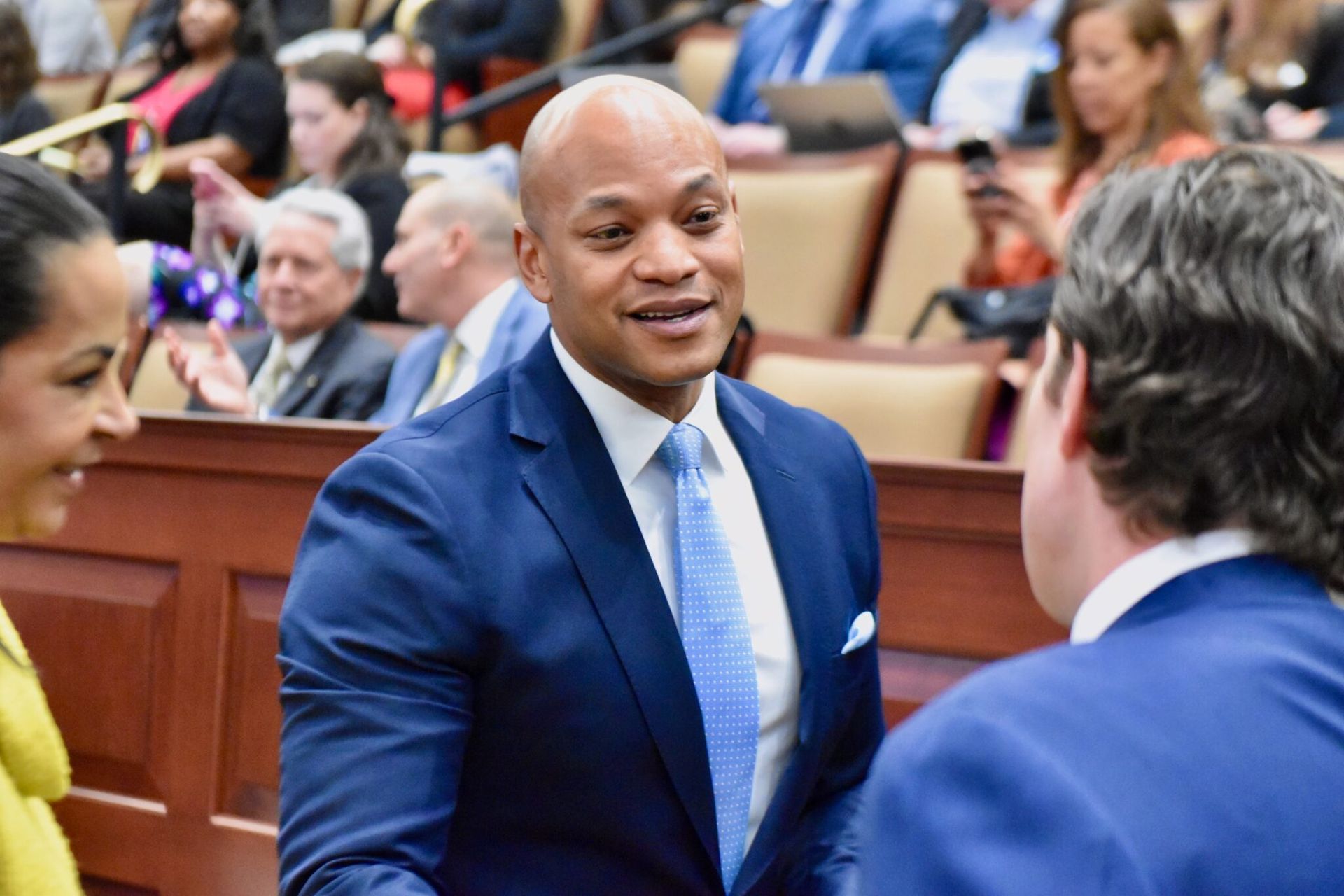The Recent COVID-Fueled Rise in Disability Calls for Better Worker Protections

Policymakers must take steps to address the recent rise in disability, which has been fueled by long COVID.
Authors’ note: The disability community is rapidly evolving to use identity-first language in place of person-first language. This is because it views disability as being a core component of identity, much like race and gender. Some members of the community, such as people with intellectual and developmental disabilities, prefer person-first language. In this column, the terms are used interchangeably.
Despite public fatigue around anything related to COVID-19, the virus continues to show its presence, with a slight uptick in hospitalizations and deaths in late summer and early fall 2023 and millions of Americans continuing to deal with the ramifications. In fact, according to estimates from the U.S. Census Bureau’s Household Pulse Survey, more than 13 million adults in the United States had COVID-19 symptoms lasting three months or longer, commonly known as long COVID, from late August to early September. Concerningly, about 81 percent of them—or approximately 10.5 million adults—reported that their symptoms at least somewhat affected their day-to-day activities. At this point, 15.2 percent, or more than 1 in 7, of all American adults have had long COVID, broadly defined by the U.S. Centers for Disease Control and Prevention (CDC) as “signs, symptoms, and conditions that continue or develop after acute COVID-19 infection.” And notably, these effects have been disproportionately felt, both directly and indirectly, by disabled people and low-income families, as well as by Black, American Indian/Alaskan Native, and Hispanic populations.
As COVID-19 cases continue to rise during the fall and winter against the backdrop of recent increases in disability nationwide, it is essential that policymakers take steps to protect workers and help reduce their risk of infection. Specifically, they must create policies and laws that strengthen worker protections, create a federal paid sick leave system, improve air quality, and increase access to updated COVID-19 immunizations, tests, and masks.
Employment gains for disabled workers have coincided with steep rise in disability nationwide
Amid a tight labor market, disabled people have seen strong employment gains. In 2022—the latest year for which annual data are available—the unemployment rate for disabled people fell to a near-record low of 7.6 percent. In addition, the employment rate for disabled people hit 21.3 percent—one of the highest rates in history—though a large gap still persists between disabled and nondisabled workers, who are employed at a 65.4 percent rate.
However, at the same time, more adults identify as having a disability now than ever before—since the U.S. government started tracking data in 2008. According to the U.S. Department of Labor, 1.5 million more people in the civilian noninstitutional population had a disability in 2022 than the year before. In fact, when combined with the increase from the prior year, there are 2.7 million more disabled adults now than in 2020.
Steps policymakers can take to protect workers, especially disabled workers, from COVID-19
Worker protections became a leading issue as COVID-19 surged across the United States. Many businesses forced workers into dangerous situations without proper protective equipment, which led to mass infection and death. The surge in participation in unions and pro-union sentiment coinciding with this mass disabling event is no coincidence. Workers, fearing for their health and the safety of their families, began going on strike due to unsafe working conditions.
Policymakers must take the following steps to ensure that workers, especially disabled workers, are protected against COVID-19 moving forward.
Increase worker pay and protections
Increased worker pay and protections can address the needs of workers, particularly disabled workers. In fact, research indicates that disabled union workers saw a 28 percent increase in weekly earnings—nearly double the increase seen by workers without disabilities. Unions have also helped normalize workplace accommodations, reducing the stigma of using one.
To help protect the rights of all workers, including disabled workers, to unionize, Congress must push to pass the Protecting the Right to Organize (PRO) Act, which would restrict employers from using many of the anti-union tactics they currently deploy, narrow the definition of independent contractors, and strengthen accountability for employers who violate workers’ rights.
Increase access to sick leave
Along with worker protections, the federal government must provide increased access to sick leave. Research shows that workers without paid leave are more likely to go to work with a contagious illness. To address this, many workplaces increased access to sick leave during the height of the pandemic, which helped ensure workers could isolate after testing positive for COVID-19. Yet state and local state of emergency declarations have expired, and many companies are no longer required to offer paid sick leave.
Paid sick leave is an integral part of the solution to support a strong and diverse workforce that includes disabled workers and can help reduce current and future surges in respiratory illnesses.
Ensure clean air for workers
Clean air is absolutely essential to decreasing the harms of COVID-19 on workers because it keeps them from contracting the virus. Disabled workers, in particular, are more likely to work in low-wage, essential work occupations that put them at higher risk for COVID-19. In 2020, a study in California showed that essential workers had higher COVID-19 mortality rates than other types of workers, with those working in the food or agriculture, transportation or logistics, and facilities sectors experiencing the highest rates of excess deaths. In 2021, the United States was able to decrease respiratory illnesses—likely due to COVID-19—that had spiked in workplaces during 2020. This occurred as the government was encouraging teleworking, improved air quality in buildings, masking, social distancing, and other mitigation factors. However, essential worker occupations are more difficult, if not impossible, to convert into telework positions. This emphasizes the need for more universal protections to reduce COVID-19 and other communicable disease spread.
Many public health advocates, scientists, and unions have cited improving ventilation and air filtration as one of the key ways to reduce COVID-19 infection rates. The Biden administration has pushed voluntary measures such as the Clean Air in Buildings Challenge and provided grants and technical assistance for schools. Yet there are very few Occupational Safety and Health Administration (OSHA) standards around ventilation.
Improving air quality can be done by requiring employers to increase air ventilation and filtration—including in food production, logistics, and transportation sectors. As a previous report by the Center for American Progress noted, research shows that improving air quality in schools can reduce absenteeism and health care costs and even enhance academic achievement. Specifically, exchanging the air five times an hour can reduce the spread of respiratory illnesses by half. Likewise, improving the types of filters used can help reduce the spread of airborne diseases.
With many workers reporting COVID-19 as a workplace illness, it should be OSHA’s prerogative to protect those workers from illnesses and create specific ventilation safety standards for all workers.
Promote COVID-19 vaccination, testing, and masking
Lastly, the federal government must do more to promote COVID-19 vaccination, testing, and masking, which have been shown to reduce the likelihood of getting COVID and long COVID. Throughout the initial phases of the COVID-19 pandemic, the federal government purchased COVID-19 tests, masks, and immunizations to provide to the public. However, Congress hasn’t provided COVID-19 relief funding since March 2021, and the program that provided testing, treatment, and provider fees for vaccination of the uninsured ran out in spring 2022.
Meanwhile, commercialization of the COVID-19 vaccine has resulted in barriers and confusion for uninsured individuals on how to get services.
Increasing immunizations is one of the most effective ways the federal government can reduce COVID-19-related work absences, long COVID, and COVID-19-related mortality. The CDC recently launched the Bridge Access Program to help uninsured and underinsured individuals receive COVID-19 vaccines at no cost through December 31, 2024. The Biden administration also recently announced the limited resumption of COVIDTests.gov, a program that provides home delivery of COVID-19 tests, along with a $600 million investment in COVID-19 test manufacturing.
Now, Congress must pass legislation to provide funding to continue these programs; promote awareness and counter misinformation about the effectiveness of vaccines and high-quality masks; improve access to vaccines, high-quality masks, and treatment for people with long COVID; and monitor new threats.
Conclusion
The rise in disability due to long COVID and the current COVID-19 surge should be deeply concerning to policymakers. Employers should also be worried as COVID-19 surges cause supply chain delays and worker shortages. It is essential that the United States reduce COVID-19 and long COVID harms, which will help reduce the number of people becoming disabled and limit the stress placed on health care and social programs. Yet this can only be done by improving worker protections, creating a federal sick leave system, improving ventilation and air filtration, and increasing COVID-19 immunization, testing, and masking.
- Original Article: https://tinyurl.com/4ntuxef8

